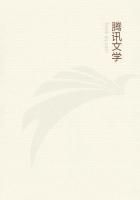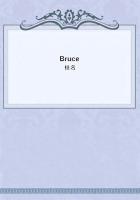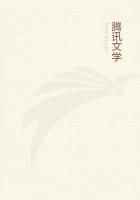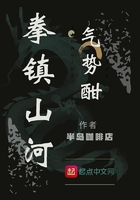First then, just as we say that we ought sometimes to choose to prove something in the general estimation rather than in truth, so also we have sometimes to solve arguments rather in the general estimation than according to the truth.For it is a general rule in fighting contentious persons, to treat them not as refuting, but as merely appearing to refute: for we say that they don't really prove their case, so that our object in correcting them must be to dispel the appearance of it.For if refutation be an unambiguous contradiction arrived at from certain views, there could be no need to draw distinctions against amphiboly and ambiguity: they do not effect a proof.The only motive for drawing further distinctions is that the conclusion reached looks like a refutation.What, then, we have to beware of, is not being refuted, but seeming to be, because of course the asking of amphibolies and of questions that turn upon ambiguity, and all the other tricks of that kind, conceal even a genuine refutation, and make it uncertain who is refuted and who is not.For since one has the right at the end, when the conclusion is drawn, to say that the only denial made of One's statement is ambiguous, no matter how precisely he may have addressed his argument to the very same point as oneself, it is not clear whether one has been refuted: for it is not clear whether at the moment one is speaking the truth.If, on the other hand, one had drawn a distinction, and questioned him on the ambiguous term or the amphiboly, the refutation would not have been a matter of uncertainty.
Also what is incidentally the object of contentious arguers, though less so nowadays than formerly, would have been fulfilled, namely that the person questioned should answer either 'Yes' or 'No': whereas nowadays the improper forms in which questioners put their questions compel the party questioned to add something to his answer in correction of the faultiness of the proposition as put: for certainly, if the questioner distinguishes his meaning adequately, the answerer is bound to reply either 'Yes' or 'No'.
If any one is going to suppose that an argument which turns upon ambiguity is a refutation, it will be impossible for an answerer to escape being refuted in a sense: for in the case of visible objects one is bound of necessity to deny the term one has asserted, and to assert what one has denied.For the remedy which some people have for this is quite unavailing.They say, not that Coriscus is both musical and unmusical, but that this Coriscus is musical and this Coriscus unmusical.But this will not do, for to say 'this Coriscus is unmusical', or 'musical', and to say 'this Coriscus' is so, is to use the same expression: and this he is both affirming and denying at once.'But perhaps they do not mean the same.' Well, nor did the ****** name in the former case: so where is the difference? If, however, he is to ascribe to the one person the ****** title 'Coriscus', while to the other he is to add the prefix 'one' or 'this', he commits an absurdity: for the latter is no more applicable to the one than to the other: for to whichever he adds it, it makes no difference.
All the same, since if a man does not distinguish the senses of an amphiboly, it is not clear whether he has been confuted or has not been confuted, and since in arguments the right to distinguish them is granted, it is evident that to grant the question simply without drawing any distinction is a mistake, so that, even if not the man himself, at any rate his argument looks as though it had been refuted.
It often happens, however, that, though they see the amphiboly, people hesitate to draw such distinctions, because of the dense crowd of persons who propose questions of the kind, in order that they may not be thought to be obstructionists at every turn: then, though they would never have supposed that that was the point on which the argument turned, they often find themselves faced by a paradox.
Accordingly, since the right of drawing the distinction is granted, one should not hesitate, as has been said before.

